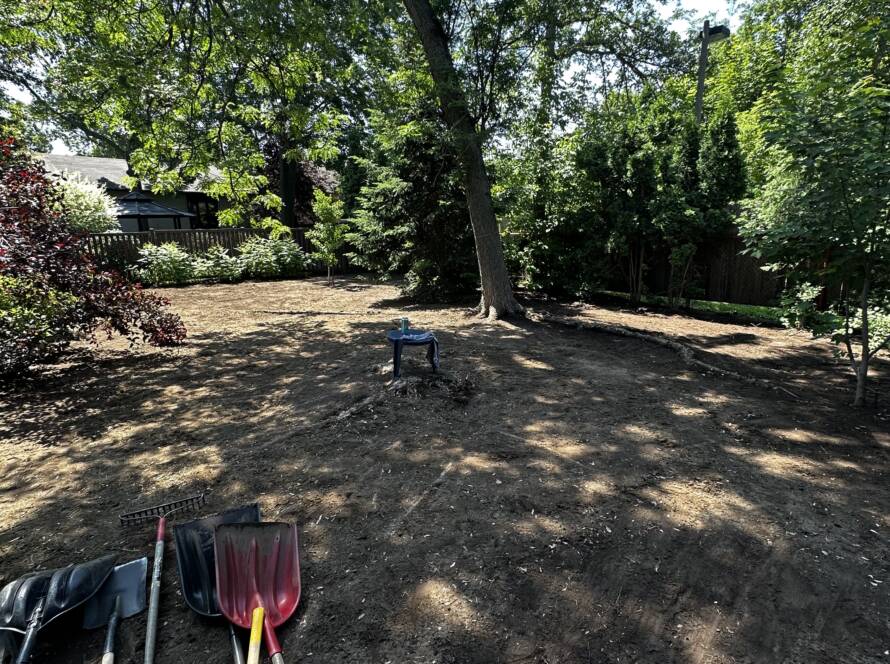Introduction
Choosing the right fertilizer for your lawn is crucial for maintaining lush, green grass and promoting healthy growth. Several factors come into play when determining the best fertilizer for your lawn. Including the type of grass, soil conditions, climate, and specific nutrient needs. Here’s a guide to help you select the appropriate fertilizer for your lawn:
Grass Type
Identify the type of grass in your lawn, as different grass species have varying nutrient requirements. For example, cool-season grasses like Kentucky bluegrass or fescue may need nitrogen-rich fertilizers. While warm-season grasses such as Bermuda grass or St. Augustine grass may require more phosphorus and potassium.
Soil Test
Conduct a soil test to determine the nutrient levels and pH balance of your soil. Soil tests provide valuable information about deficiencies or excesses of nutrients, helping you choose a fertilizer with the appropriate nutrient balance.
NPK Ratio
Look for a fertilizer with the right balance of nitrogen (N), phosphorus (P), and potassium (K), indicated by the NPK ratio on the fertilizer label. For example, a balanced fertilizer with an equal NPK ratio like 10-10-10 is suitable for general lawn maintenance, while specific formulations may be needed for certain conditions or seasons.
Slow-Release vs. Quick-Release
Consider whether you prefer a slow-release or quick-release fertilizer. Slow-release fertilizers provide nutrients gradually over an extended period, resulting in steady growth and reduced risk of leaching or burning. Quick-release fertilizers deliver nutrients rapidly, but may require more frequent applications and careful watering to prevent damage to the lawn.
Organic vs. Synthetic
Decide between organic and synthetic fertilizers based on your preferences and environmental concerns. Organic fertilizers, derived from natural sources like compost or manure, improve soil health and microbial activity over time. Synthetic fertilizers are formulated with chemically produced nutrients and offer precise control over nutrient levels, but may contribute to water pollution if overused.
Seasonal Needs
Adjust your fertilizer application schedule according to the seasonal needs of your lawn. For instance, apply a high-nitrogen fertilizer in the spring to promote green-up and growth, a balanced fertilizer in the summer to sustain healthy development, and a winterizer fertilizer in the fall to strengthen roots and prepare for dormancy.
Conslusion
By considering these factors and selecting the right fertilizer for your lawn, you can ensure vibrant, thriving grass that enhances the beauty of your outdoor space while promoting long-term soil health and sustainability.



